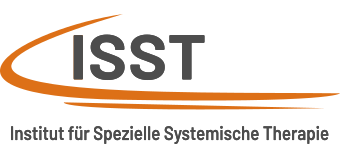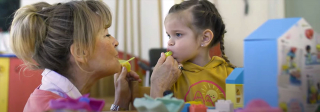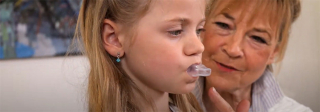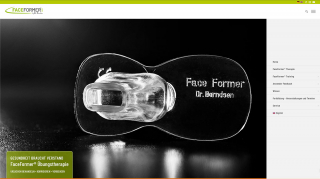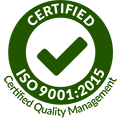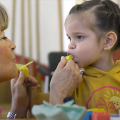Practical implementation of training with children
When training with children, it is important to take a playful approach and design the exercises in an age-appropriate way.
Important notes
Parents and therapists should bear in mind that every child reacts individually to therapy. It is important to proceed patiently and sensitively and to adapt the exercises to the child’s needs and abilities. Regular practice and consistent application are crucial for the success of the therapy.
For special applications and questions, we recommend that you contact experienced and certified FaceFormer therapists directly for FaceFormer therapy. They can provide further assistance and adapt the therapy to your individual needs.
